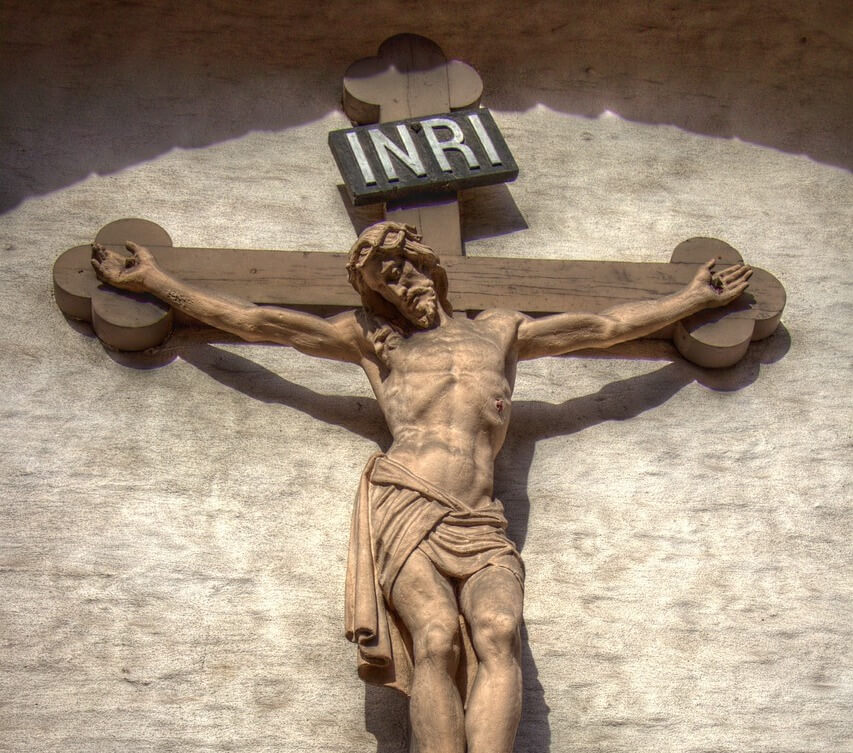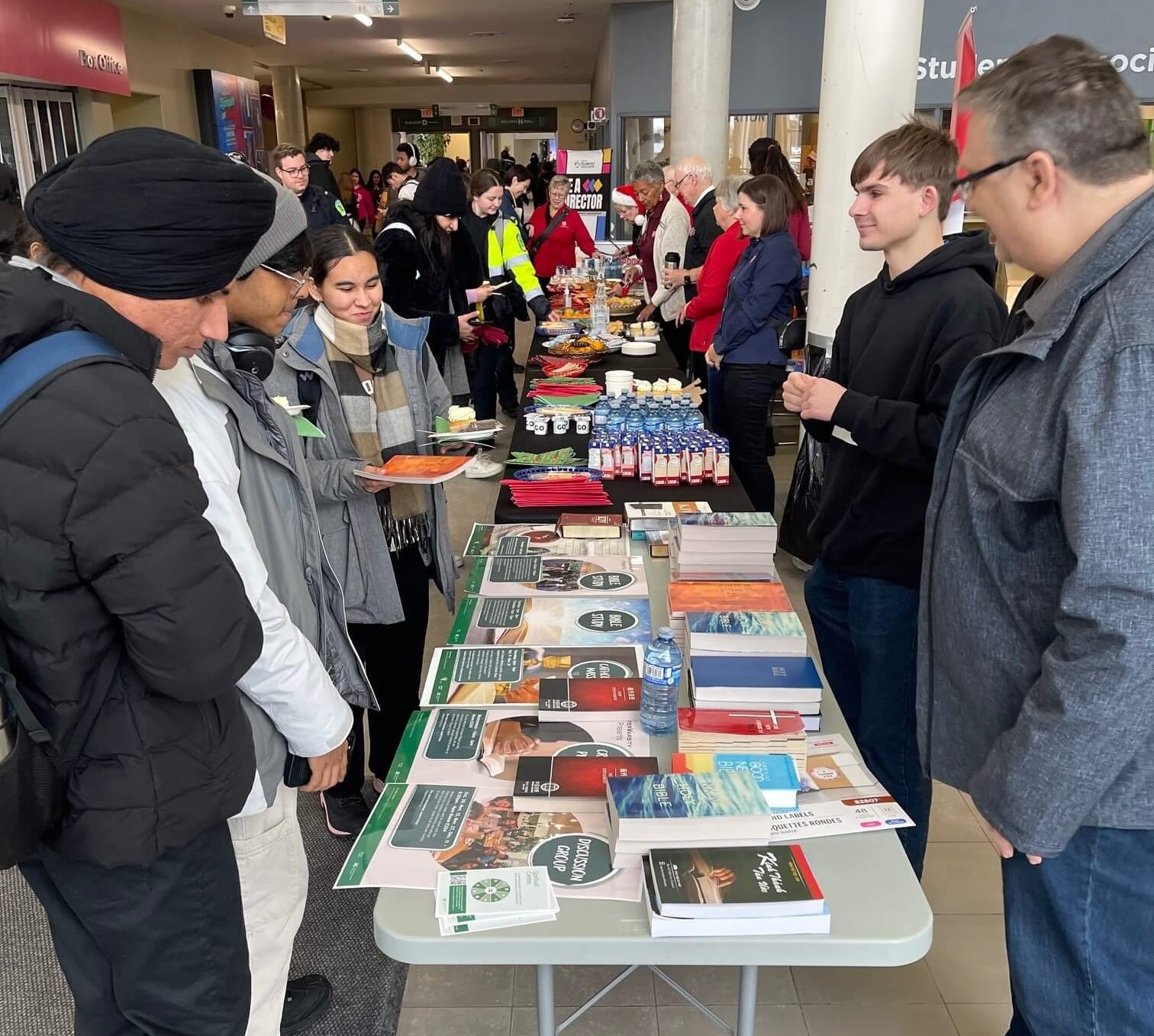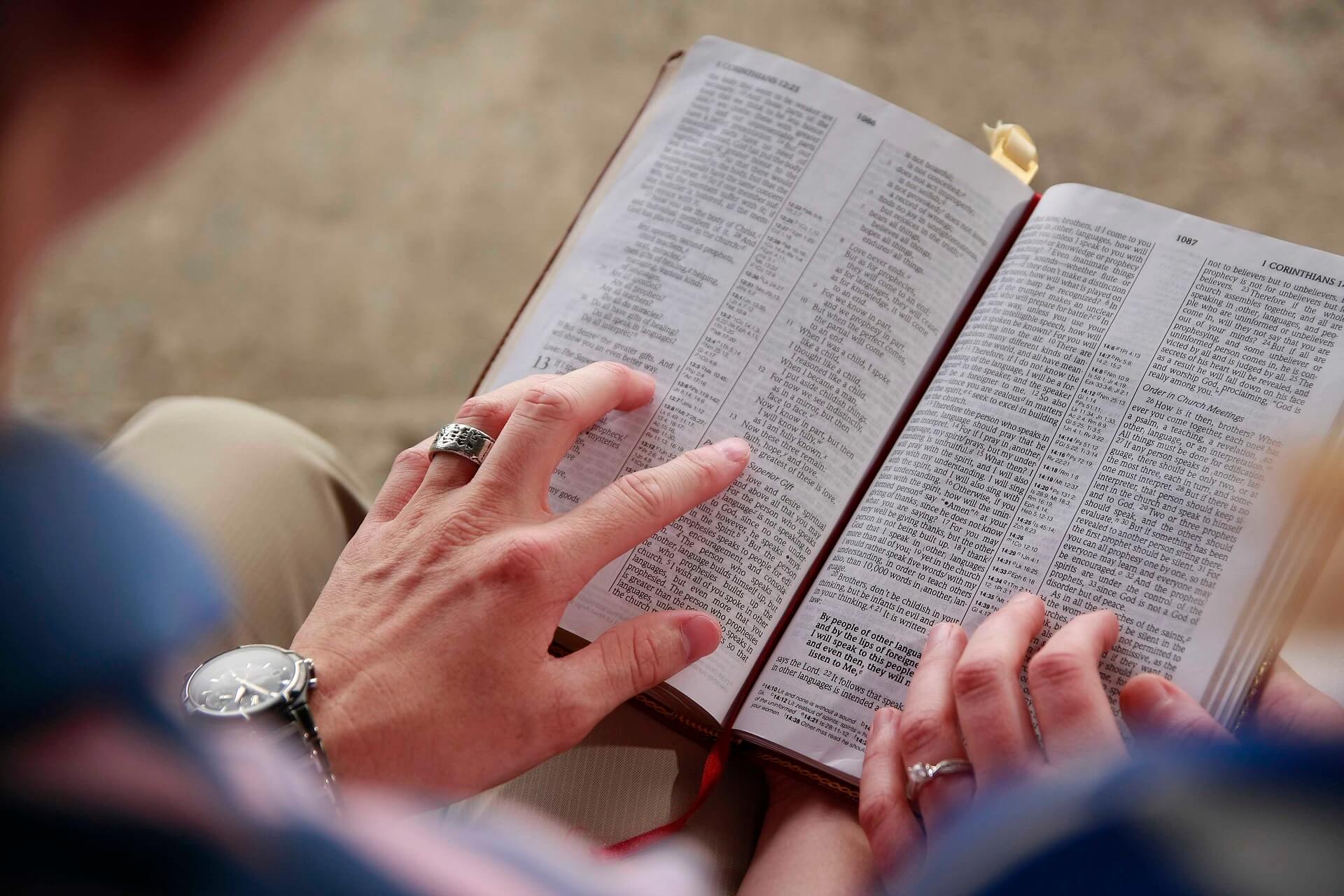In Find Answers, by Biblica staff, April 11, 2018
Jesus Himself prayed and heard God say, “No.” As you may remember, it was in the Garden of Gethsemane. Faced with the pain, anguish, and torture of the cross, He cried out, “Abba, Father, everything is possible for you. Take this cup from me. Yet not what I will, but what you will” (Mark 14:36). He made this urgent, passionate request not once but three times. And yet, God refused to take the cup away. And Jesus submitted to His will.
The last time I saw my sister, she was lying in a hospital bed in an intensive care unit in Las Vegas, Nevada, a tangle of tubes and electronic wires trailing from her tiny, emaciated body. The room was quiet, except for the rhythmic beeping of the medical equipment. As I stood there, not sure how to act or what to do, she opened her eyes slightly and raised her bandaged hand in a meager attempt to wave. I don’t remember if I waved back.
What I do remember is that she had been hospitalized dozens of times since being diagnosed with cancer. This time, however, was different. This time, I had been told, she probably wasn’t coming home.
And she didn’t. My sister died at the age of nine, just a few days after my twelfth birthday.
But this isn’t a story about loss or grief. It’s a story about prayer – how God always answers our requests, even if those answers aren’t what we expect or desire.
I was raised in a Christian home. That meant going to church and being surrounded by people of faith. My parents modeled and taught my sister and I that God is good and faithful. They shared Jesus with us in word and deed. As a result, we accepted Christ and were baptized at the ages of 6 and 9, respectively.
Part of this spiritual foundation involved prayer. We prayed regularly as a family, as well as at church and in Sunday School.
When the doctors discovered that cancer had invaded my sister’s body, we began praying for healing. The pastor prayed. The church prayed. Our friends prayed. Ministry leaders prayed. Hundreds, perhaps thousands of people prayed. We prayed for years, through 13 surgeries, round after round of chemo, radiation treatments, and countless visits to specialists.
If you, like me, believe in God and believe He is good and faithful, that He hears and responds to our prayers, you know that none of this was in vain. Despite the outcome (losing my sister to the disease) our prayers were valuable. And God’s answer, though not what we hoped for, was purposeful – mysterious, heart-breaking, yet filled with compassionate intentionality.
An experience like that could motivate some people to turn away from God. It would be easy to adopt an attitude of, “Why bother?” And truthfully, that is a tempting option. If God is going to do what He pleases anyway, why should we waste time and energy begging Him to change His mind? Tragedies like this one can also cause us to grow bitter, cynical, and even begin to question God, His character, and His very existence.
But believing that God is good and faithful means trusting Him in every situation. It also means continuing to pray even when it might seem pointless.
There are many theories and doctrines on prayer – some of them quite controversial. I’m not going to get into them. All I will say is that through this experience and others, I have come to realize prayer is less about getting my way and more about communication. It involves sharing my heart, my deepest feelings and desires, with the God who created me. In the process, I discover things about myself and about Him.
With regard to my sister, I realized my own powerlessness. I could do nothing to save her. I realized how much I needed God to intervene. I also learned that while ridding her of the disease seemed to me the best and only thing to do, He knew more and had other plans.
We prayed, asking God to heal her. He said, “No.”
I don’t pretend to understand God or His ways. As He reminds us in His Word: “…My thoughts are not your thoughts, neither are your ways my ways” (Is. 55:8). We can’t figure Him out. We can’t outguess Him and often can’t fathom His motives or strategies. We can’t see what He sees or know what He knows. All we can do is trust Him and pray. He invites us to tell Him what we want and need, while simultaneously asking that we accept whatever His will for each situation might be. That can be extremely difficult. But that’s faith.
Jesus Himself prayed and heard God say, “No.” As you may remember, it was in the Garden of Gethsemane. Faced with the pain, anguish, and torture of the cross, He cried out, “Abba, Father, everything is possible for you. Take this cup from me. Yet not what I will, but what you will” (Mark 14:36). He made this urgent, passionate request not once but three times. And yet, God refused to take the cup away. And Jesus submitted to His will.
Sometimes prayer, like life, doesn’t make sense. Yet it is part of what it means to have a relationship with God.
I have no idea why He didn’t heal my sister. What I do know is this: He has His reasons for everything He does. He is omnipotent and all-powerful. He is in control.
Someday, because of what Jesus did on the cross and the power of His resurrection and ascension, I’ll see my sister again. I’ll also get the chance to find out the “why” behind that experience and so many other confusing events in life.
I’m looking forward to that day. Until then, I’ll keep on praying and keep on trusting in Him, uncertain of much, but confident of this: He is good and faithful.








